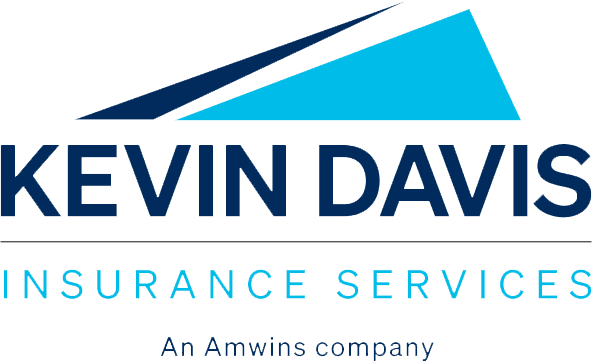
In an era where technology is a central part of daily life, digital platforms have created new risks for homeowners associations (HOAs). The technology transition has made HOAs vulnerable targets for cyber threats — a growing problem in various industries. In 2022 alone, the FBI’s Internet Crime Complaint Center received 800,944 complaints of cyberattacks and incidents, with losses growing from $6.9 billion in 2021 to more than $10.2 billion in 2022. To help HOAs mitigate risk and prevent losses, insurance agents must grasp the importance of cybersecurity and comprehensive insurance coverage. This article explores essential cyber risks to know when offering coverage.
Understanding Cyber Risks for HOAs
HOAs manage a vast amount of sensitive data. For example, they often store financial records and community members’ personal information. Common cyber risks faced by HOAs include phishing attacks, ransomware, and data breaches. A successful phishing attack could compromise login credentials, making the association vulnerable to unauthorized access to critical systems and homeowner data.
Consider the potential impact of a data breach on community data. Such criminal activities could lead to financial information exposure and personal detail leaks, harming public trust in the association. Insurance brokers must understand these risks to help their HOA clients appreciate the value of proper insurance coverage.
Strategies for Cybersecurity in HOAs
HOAs need to adopt proactive cybersecurity measures to reduce cyber threats. These measures involve implementing robust firewalls, regularly updating software, and encrypting sensitive information. Additionally, they should educate HOA members and staff about cybersecurity best practices. Insurance brokers can play a pivotal role in advocating for ongoing cybersecurity training.
Associations can implement a variety of security measures as well. They should employ multifactor authentication to minimize unauthorized access. They should also conduct routine security audits and establish security protocols to handle and store sensitive data. Brokers can also guide HOAs toward the cyber risk protection they need.
Incident Response and Recovery
Despite the best preventative measures, cyber incidents may still occur. HOAs need a well-defined incident response plan for those potential situations. Insurance brokers should stress the importance of immediate action after a cyberattack, including isolating affected systems, contacting relevant authorities, and communicating with community members.
Brokers can also educate their clients on the role of cyber insurance, explaining how coverage can help mitigate the damages. Help your clients understand how to choose a policy that addresses their specific cyber risks. This approach ensures coverage for financial losses, legal expenses, and the costs associated with notifications after a breach.
The cybersecurity landscape for HOAs is evolving, and insurance brokers must guide their clients through these challenges. By understanding the prevalent cyber risks, promoting proactive cybersecurity measures, and emphasizing the significance of incident response plans and cyber insurance, brokers can empower HOAs to safeguard their community data.
Safeguarding HOAs and Community Members
As technology advances, so do cybercriminals’ tactics. As guardians of community data, HOAs can confidently navigate the digital realm, knowing they have a robust cybersecurity strategy backed by tailored insurance coverage. Contact us today for more information.
About Kevin Davis Insurance Services
For over 35 years, Kevin Davis Insurance Services has built an impressive reputation as a strong wholesale broker offering insurance products for the community association industry. Our president Kevin Davis and his team take pride in offering committed services to the community association market and providing them with unparalleled access to high-quality coverage, competitive premiums, superior markets, and detailed customer service. To learn more about the coverage we offer, contact us toll-free at (855)-790-7393 to speak with one of our representatives.


